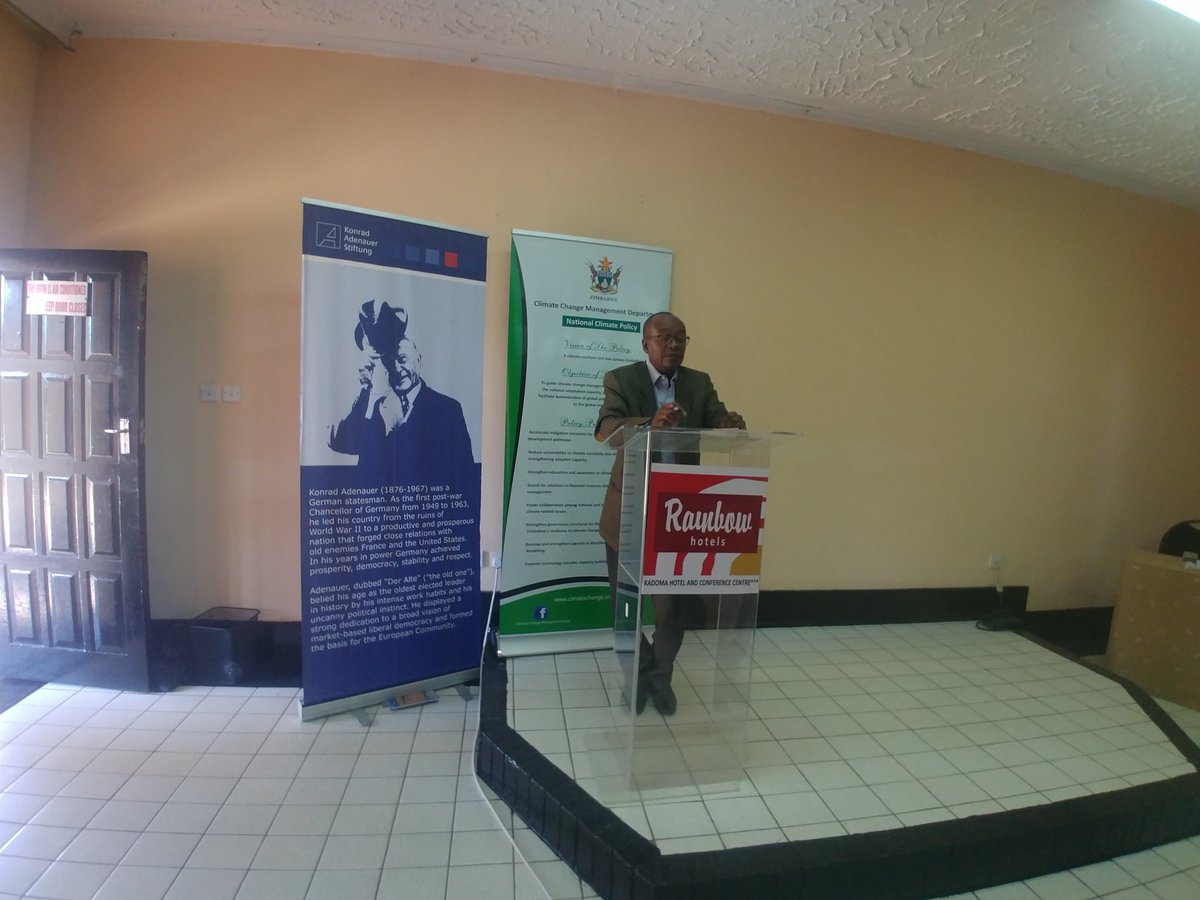By Tatenda Mujeyi
The Ministry of Lands has hosted a deforestation and land degradation workshop to curb the effects of degradation and deforestation in line with the Paris Agreement in Harare this week.
The workshop was aimed at understanding the drivers of deforestation as well as proffers the correct definition of forestry in the Zimbabwean context.
Mr Washington Zhakata, Director, Climate Change Management Department Ministry Lands, Agriculture, Water, Climate and Rural Resettlement said the validation workshop looked at the drivers of deforestation so that the country would formulate its national forest definition.
The workshop was a follow-up to the findings of other workshops held in line with deforestation and degradation.
“These two activities (The study on drivers of deforestation and forest degradation and the formulation of a national forest definition) were first identified as gaps in the Zimbabwe REDD + Needs Assessment Report 2015, and were further flagged out in an AFOLU Sector MRV Road Map following an MRV Training workshop held at ZIPAM in November 2018,” Mr Zhakata further said.
The workshop was hosted in partnership with the United Nations Development Programme (UNDP) and some Russian interest sector players as means to articulate the Paris Agreement expectations.
“This work is being supported by the project “Support towards Implementing Zimbabwe’s (STIZ), Nationally Determined Contributions (NDC) under the Paris Agreement on Climate Change (STIZ-NDC)”.The STIZ-NDC project is a collaborative effort by the Government of Zimbabwe and the United Nations Development Programme (UNDP) with support from the Government of Russia,” Mr. said.
The project seeks to align national operations with the global frameworks as well as avail an understanding of the operational dynamics for potential investors.
“The project seeks to enable the country to meet its NDC target by delivering the Low Emission Development Strategy and the Measuring, Reporting and Verification Framework. The project also aims at facilitating partnerships with investors and companies, including Russian business actors and academic institutions, in order to open up investments, collaborations and technological exchange for low emission development.”
Other objectives of the workshop were to provide an opportunity for the research team to present their findings for stakeholders input and validation; to initiate discussion on the Country’s Forest Definition; and to provide stakeholders with an opportunity to discuss strategies on addressing deforestation and forest degradation.
The workshop was attended by government and UNDP Officials, Timber Producers and Associations, Civil Society Organisations, GHG Experts, Research and Academia, and the media.






